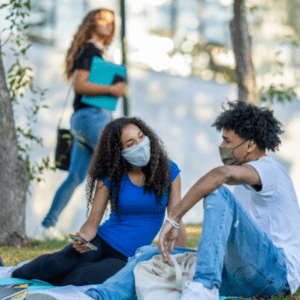You can make a difference.
By supporting Peace River Center, you’ll be helping us make a positive impact in the lives of the people we serve. Whether it’s a small gift or some of your spare time, you’re contributing to our goal: to help build emotional wellness in our communities.
You can make a difference.
By supporting Peace River Center, you’ll be helping us make a positive impact in the lives of the people we serve. Whether it’s a small gift or some of your spare time, you’re contributing to our goal: to help build emotional wellness in our communities.
Sign up for updates!
Get news from Peace River Center in your inbox.
By submitting this form, you are consenting to receive marketing emails from: Peace River Center, 1239 East Main Street, Bartow, FL, 33830, US, http://peacerivercenter.org. You can revoke your consent to receive emails at any time by using the SafeUnsubscribe® link, found at the bottom of every email. Emails are serviced by Constant Contact.
You Are Not Alone. Get Help Today!
Emotional Support & Crisis Line: 863.519.3744
Domestic Violence Crisis Hardee/Highlands County: 863.386.1167
Domestic Violence Polk County: 863.413.2700
Sexual Assault Crisis Line: 863.413.2707
You Are Not Alone.
Get Help Today!
Emotional Support & Crisis Line: 863.519.3744
Domestic Violence Crisis Hardee/Highlands County: 863.386.1167
Domestic Violence Polk County: 863.413.2700
Sexual Assault Crisis Line: 863.413.2707
Privacy Policy | Política de Privacidad | Avi Sou Pratik Konfidansyalite
Portal | Auxiliary Aids Plan 2024 | Plan de Herramientas Auxiliares 2024 | Plan Èd Oksilyè 2024| Title VI Nondiscrimination Program Policy Statement | Title VI Complaint Form | Titulo VI Formulario de Quejas de Discriminación | Fòm Pou Pote Plent Pou Diskriminasyon | Transportation Services Promotional Statement
© Copyright – Peace River Center 2024 | Website Design By: MaximizeDigital.com







